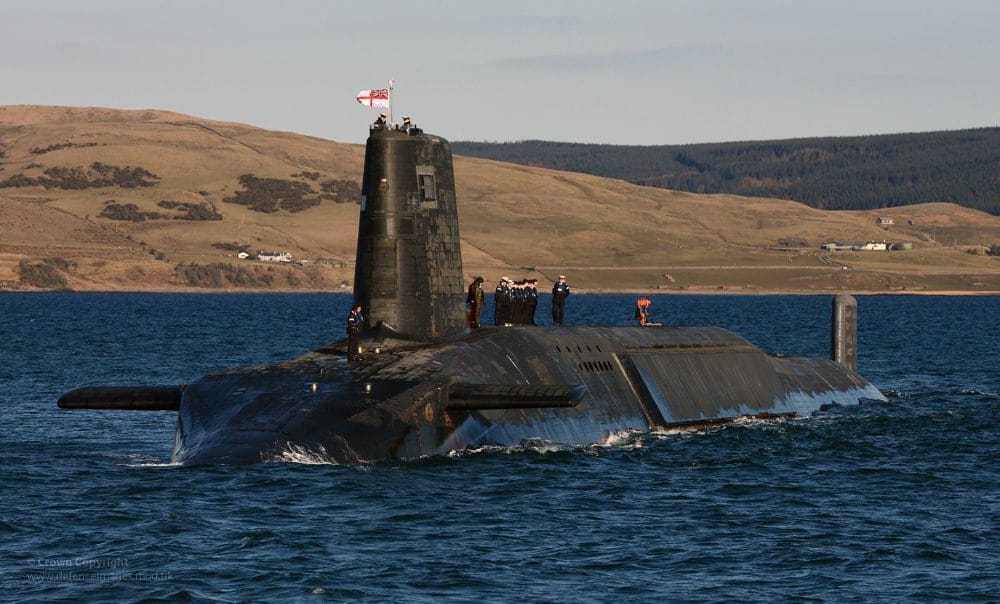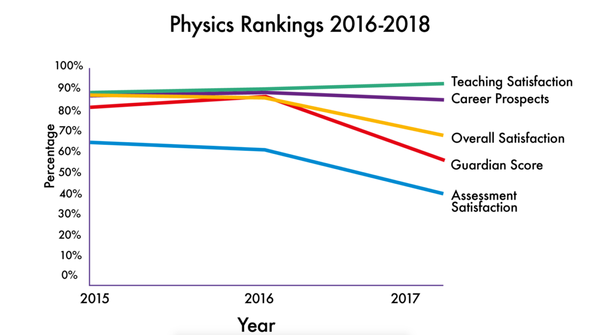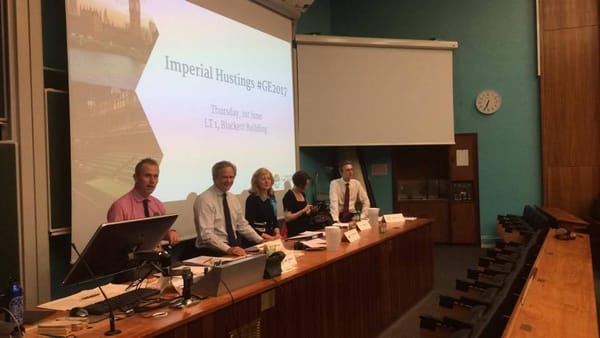Atomic funding pours into Imperial
The nuclear sector has contributed £9.36 million

The Atomic Weapons Establishment (AWE) has long been responsible for the UK’s nuclear deterrence programme. In addition to providing the nuclear warheads for each of the Vanguard submarines that make up Trident, the AWE contributes significant amounts to the coffers of Imperial.
Imperial is one of five British universities to have a ‘Strategic Alliance’ with the AWE and as such is the beneficiary of a five-year investment. How beneficial is this exactly? Between 2010 and 2012, Imperial received £7.7million — more than the other four universities with Strategic Alliances combined, according to figures in a report published by the Nuclear Information Service (NIS) and Medact, a non-profit organisation affiliated with International Physicians for the Prevention of Nuclear War. A Freedom of Information request by Nouse, the newspaper of the University of York, reveals exactly how much Imperial has gained from this alliance since that time.
Since 2012, Imperial has received £9,358,488 from the AWE — substantially more than any other university that responded to the FOI request. Almost half of this amount has gone to the Institute of Shock Physics (ISP) and the Centre for Inertial Fusion Studies (CIFS) as “research expenditure”. There is no mention of any work on nuclear warheads in research currently being carried out by the ISP or CIFS. So why invest in the College?
Although Imperial might not be directly involved in the development of nuclear weapons, research carried out here is still useful for the AWE — specifically that of the Plasma Physics Research Group (members of which are also involved in work by the ISP). For example, a gas gun installation jointly funded by Imperial and the AWE allows researchers to investigate the behaviour of materials under extreme pressures and temperatures — the same sort of conditions that are found in the middle of a nuclear explosion. Then there’s the work on hydrodynamics, which can be used to model conditions and behaviour inside a nuclear warhead. Since the UK is prohibited from testing nuclear weapons (it has been a signatory of the Comprehensive Test Ban Treaty since 1996) all of this is essential for the AWE to be able to provide safe and efficient nuclear deterrents.
In addition to spending on research, the NIS report found that between 2010 and March 2012, Imperial received financial aid from the AWE for consultancy work, PhD scholarships, contracts, courses, publications, conferences and staff support. Aside from this funding, there are also non-pecuniary advantages to be gained on both sides. The partnership between the ISP and AWE provides a “two-way transfer of technical expertise and equipment”. The AWE provides training for students and academics and interacts with ISP collaborators to foster a “network of knowledge and technology”. In return, the AWE benefits from being able to access expertly-trained individuals, being able to conduct research in the public domain, and publishing joint research papers in peer-reviewed journals. It is not unreasonable to conclude that the alliance also allows the AWE to scope out potential future employees; of all the FOI requests made by Nouse, Imperial was the only respondent to explicitly promote employment opportunities at the AWE by hosting career events and displaying relevant marketing materials.
AWE priorities are clearly focussed on the continuous maintenance of current nuclear warheads and the development of a successor system. The AWE also supports the Non-Proliferation Treaty, though it is not obvious what form this support takes beyond the tight security measures in place to prevent non-nuclear states getting hold of sensitive information. Away from the military sector, the AWE is part of the national emergency response when nuclear accidents occur in the UK. According to the ISP webpage, working with the AWE allows the public to enjoy safer manufacturing methods, stronger vehicles (both civilian and military grade), better protection against acts of terrorism and natural disasters, and more reliable satellites.
The research carried out at Imperial in conjunction with the AWE has plenty of potential benefits. Work on the effect of explosions on human tissues could be useful in treating blast injuries for instance. There is, however, a less cheerful prospect. The NIS report highlights the potential ‘dual use applications’ of university research — i.e. the ability to use the results of research for “military purposes contributing to the development of weapons of mass destruction”. For Imperial, this could mean the weaponisation of studies involving wave propagation or shock processes. When dealing with sensitive areas of research, projects are referred to the Research Ethics Committee, though the NIS report could not find clear evidence of how the Committee makes decisions as to whether research should go ahead or what guidance it provides for handling sensitive topics.
This is by no means the first time Imperial has worked closely with military organisations and looking at the financials gains to be made, it is unlikely to be the last (Imperial has previously worked in association with the Ministry of Defence, Department of Trade and Industry and QinetiQ, a multinational defence company, on guided weapons technology). If it is to continue with these partnerships and alliances, Imperial needs to be more transparent about where its funding is directed and what impact its research may have.
When approached by felix on the subject of Research and Consultancy an Imperial spokesperson said “that is subject to a security classification above Official Sensitive [and] is not permitted to be undertaken by College staff on any College campus.
“Relevant Imperial Departments flag employment opportunities at AWE to students as part of the College’s efforts to promote a broad range of career paths“









